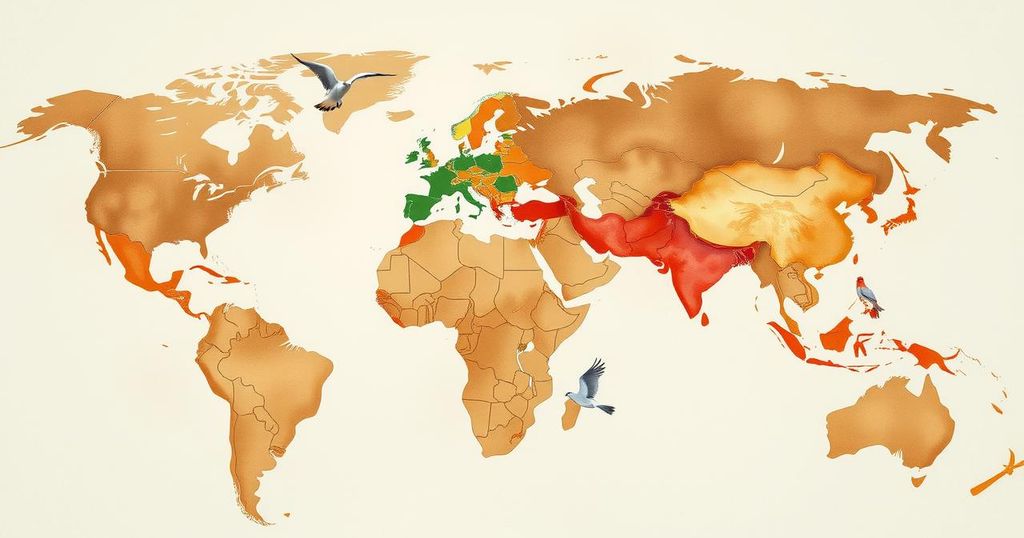- Xi Jinping’s absence at the BRICS Summit raises significant speculation.
- Analysts see turmoil in China tied to Xi’s no-show.
- BRICS member tensions are growing over unfair trade practices.
- China’s influence over BRICS appears to be declining.
- Internal ideological divisions hamper BRICS’ long-term unity.
Xi’s absence raises eyebrows among analysts and observers.
Chinese President Xi Jinping’s decision to skip the upcoming BRICS Summit in Brazil has caught many off guard. This marks the first time that the leader of China has missed this significant gathering of emerging economies, raising eyebrows among analysts and political observers alike. The official statement from the Chinese government attributes Xi’s absence to a “scheduling conflict” and cites earlier meetings with Brazilian President Luiz Inácio Lula da Silva earlier this year, but skepticism runs high regarding this narrative.
Political turmoil and influence concerns within BRICS.
Experts such as Gordon Chang underscore the significance of Xi’s no-show, pointing to it as evidence of potential political turmoil within China. He notes that Xi’s absence isn’t just a minor issue, suggesting it might indicate that Xi is losing control over military and civilian factions. Others, like Bryan Burack from the Heritage Foundation, view it as a broader indication of diminishing influence over BRICS, pointing out that nations like Brazil and Indonesia have increasingly taken measures that seem to push back against China’s economic dominance.
BRICS struggles with ideological divides and internal discord.
The dynamics among BRICS members remain complicated, despite the group’s purported unity. With countries like India and Brazil now imposing tariffs against China due to trade practices perceived as unfair, there’s growing discord. Burack goes as far as to call the group a conglomeration of nations that seriously dislike one another. It’s difficult to see any real, long-lasting unity when countries that are supposed to be allies are at odds with each other over trade and other issues. Notably, while the group’s economic power grows, the ideological divides prompt doubts about its capacity to effectively challenge established powers like the U.S.
In short, Xi Jinping’s absence from the BRICS Summit creates more questions than answers regarding China’s global standing. It might symbolize internal instability, but it could also reflect a new phase in China’s geopolitical strategy where Xi feels secure enough not to attend. As BRICS continues to grapple with serious inconsistencies, a clear picture of its future influence is still murky at best, instilling uncertainty about whether they can truly become a counterweight to established global powers.






